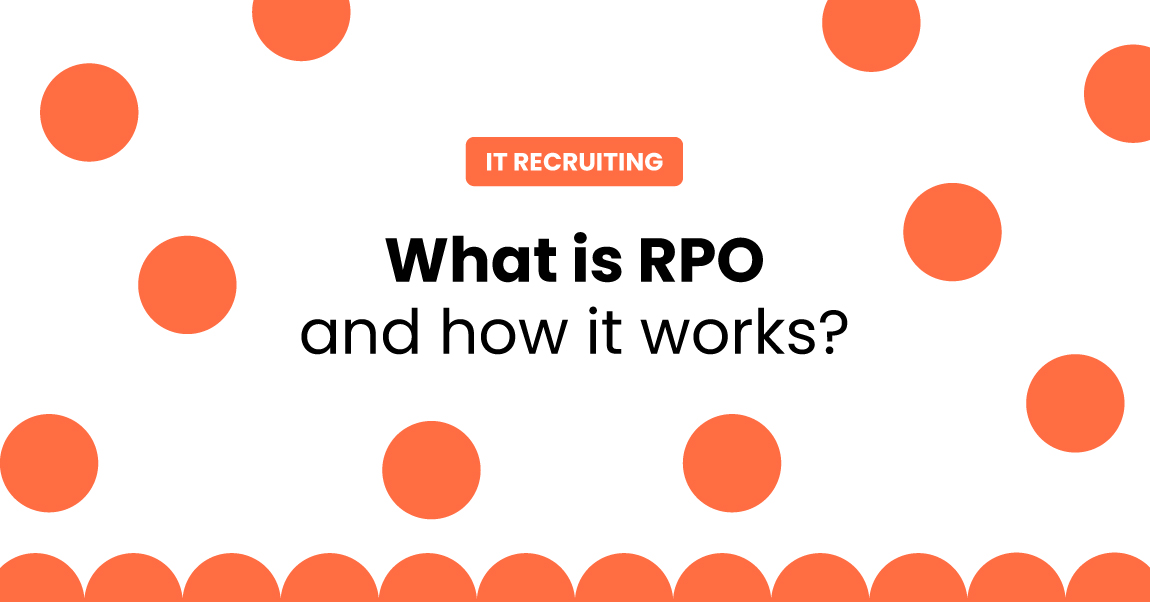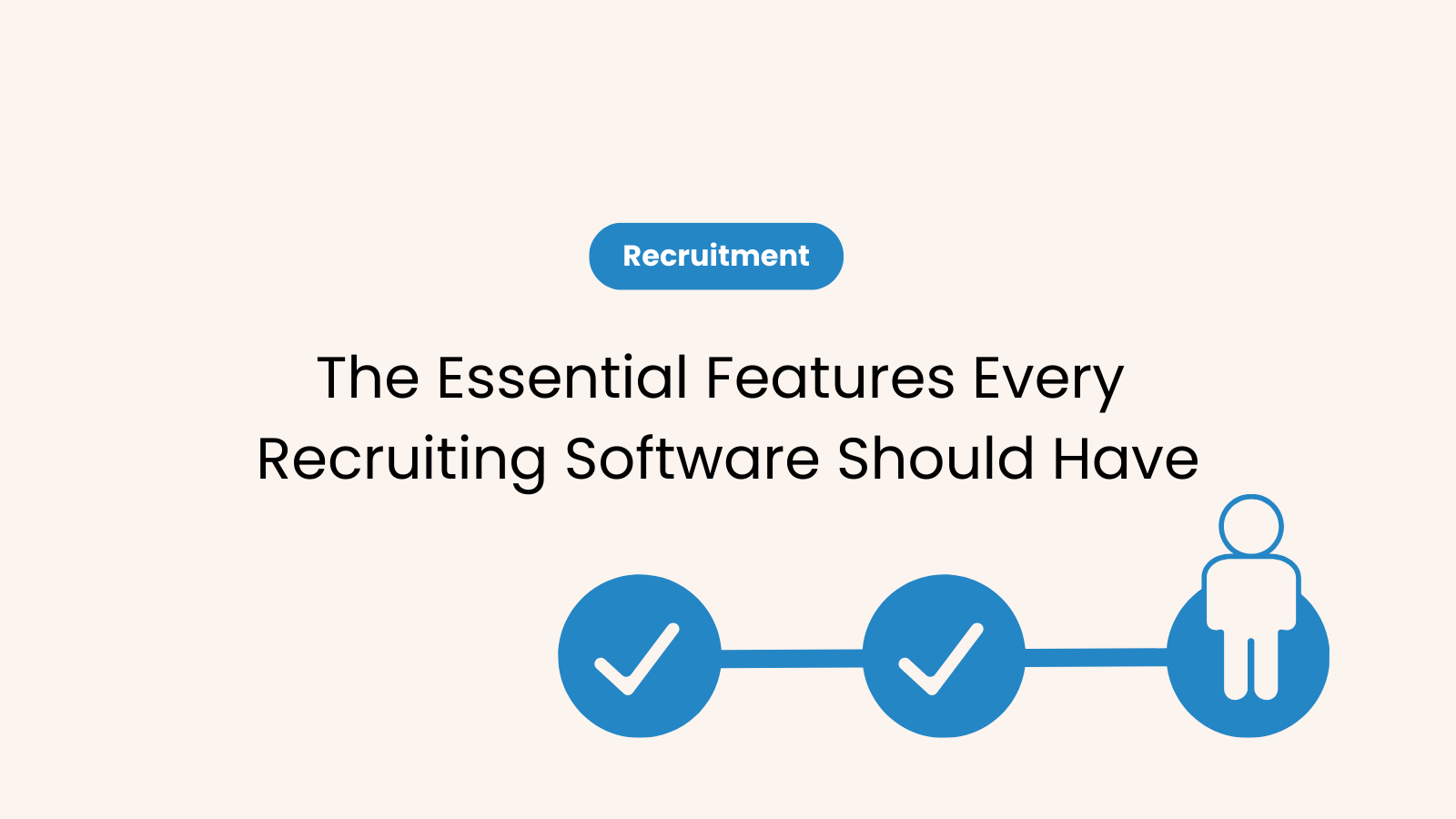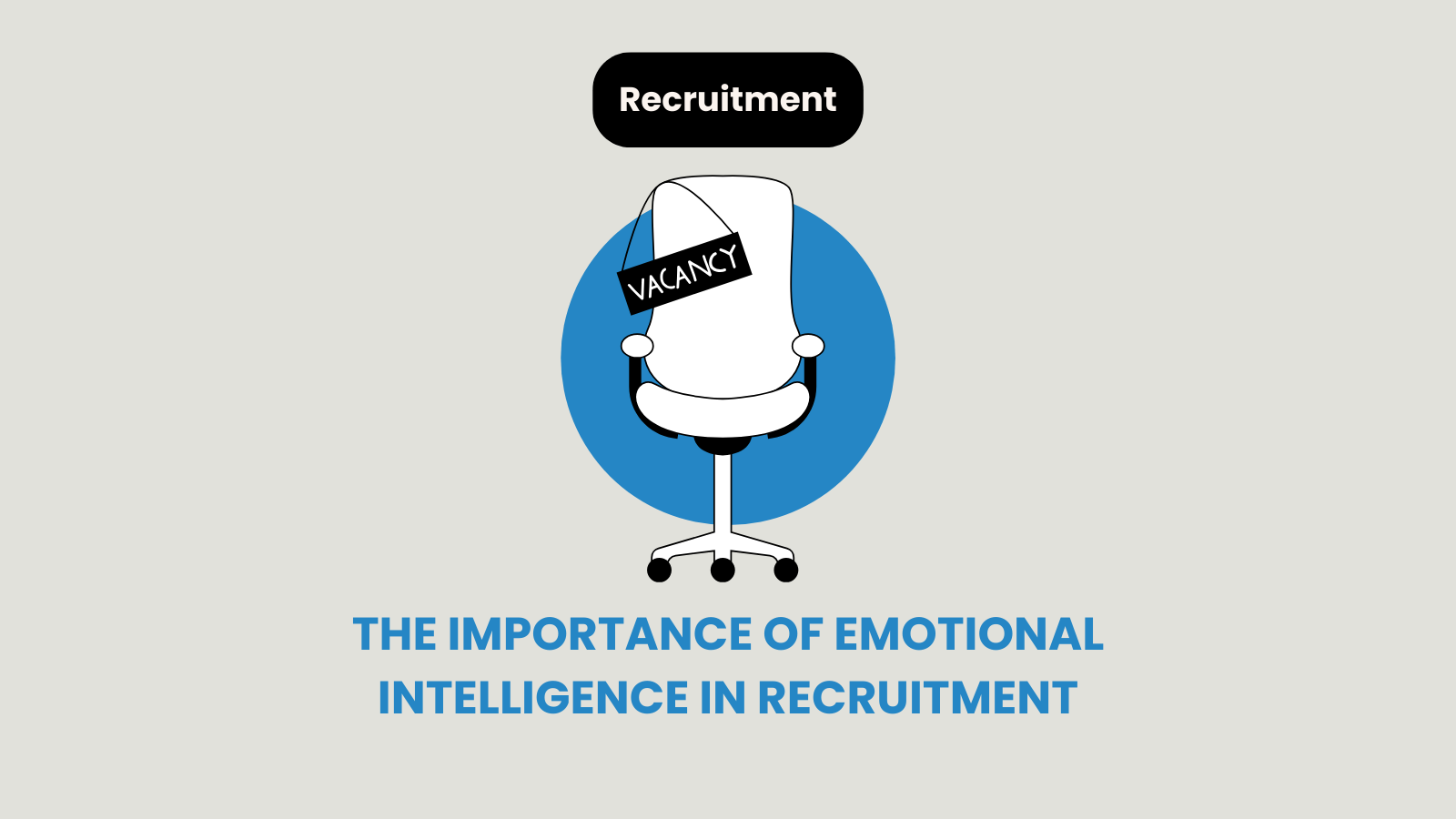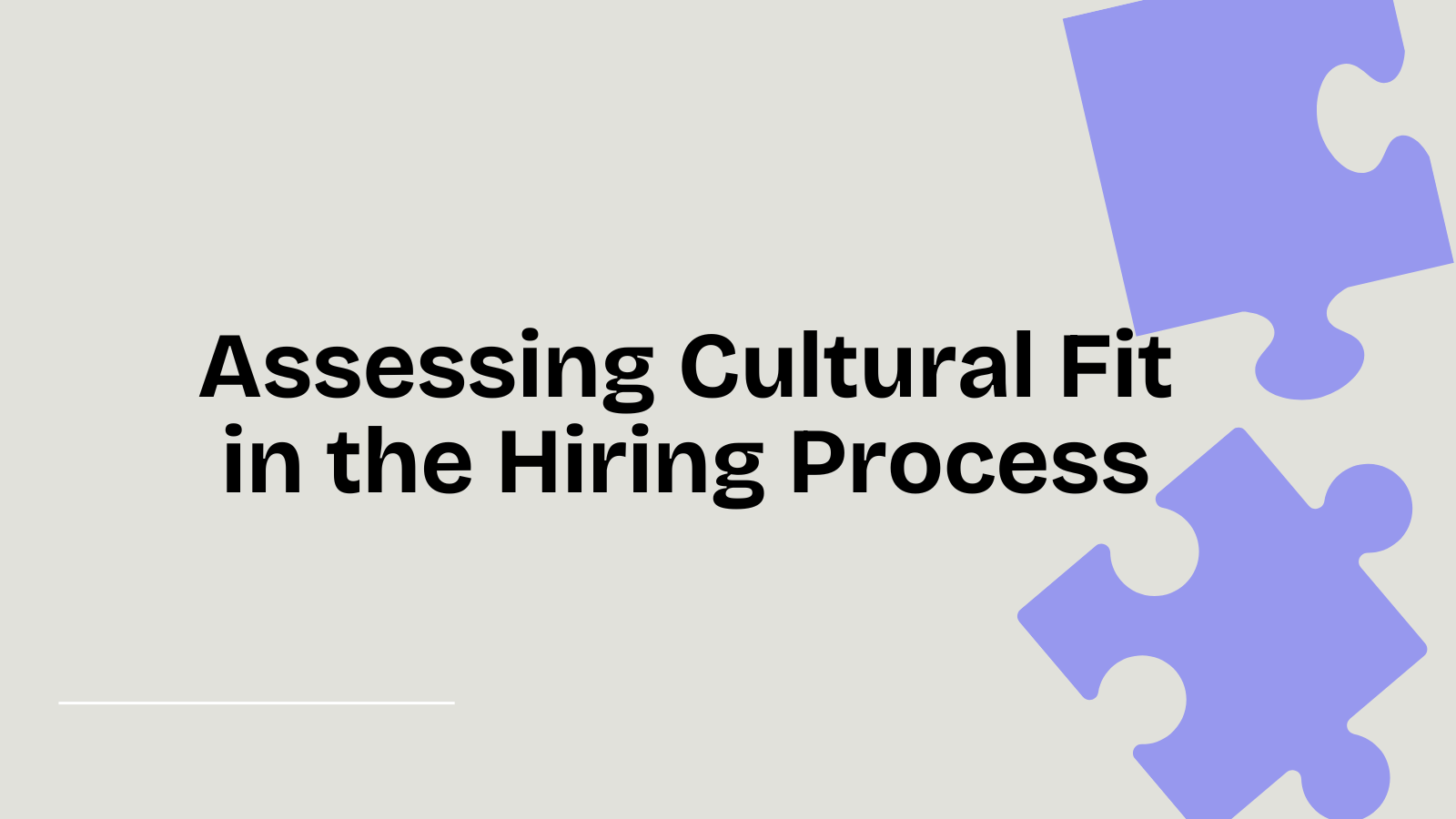If you think that employers and companies enjoy firing people left and right, you could not be more wrong. Employee turnover is one of the biggest annual expenses that every company faces. That’s why people have started looking into what is RPO and how it works – they’re looking for something to improve their recruitment process.
What Is Employee Turnover and Why Is It Bad for a Company?
Have you ever wondered why employers are sometimes reluctant when it comes to firing their employees, even when everyone is well aware of the fact that there is a better person for the job? It’s because of employee turnover – a rate at which companies replace their employees. No matter if an employee leaves voluntarily, where they choose to leave a company and get a surprise going away party, or they get laid off and are forced to leave involuntarily, it means that a company now has an empty job position that needs to be filled, which is always bad news.
Standard employee turnover is a very normal process that is unavoidable in all companies in the world. According to statistics, employee turnover rate of 10% or under is ideal, and it’s the rate companies should strive for. However, most companies fall under the category of a turnover rate between 12% and 20%.
The problem arises when that rate reaches a percentage higher than 20%, which is a sign there is something wrong with their recruitment process, and they need to work on improving it because a high turnover rate can have extremely harmful consequences on the company’s success. High turnover rates not only have an effect on the company’s reputation, but on its expenses and productivity as well.
What Are the Costs of Replacing an Employee and Filling an Empty Job Position?
Most people don’t realize how much resources go into filing a single job position, it’s not just about hosting an interview and reading a few emails and CVs. Cost per hire is a recruitment metric used to measure the overall cost of filling a single job position, and it can cost up to thousands of dollars, depending on the position. Cost per hire includes all expenses that are tied to hiring a new employee, from costs of job advertising to interviewing and onboarding.
Recruitment metrics such as cost per hire, applicants per hire, time to hire, and many more are used to determine the efficiency of the company’s hiring process. So, if the cost per hire and employee turnover rate are both high, and other recruitment metrics aren’t optimal, it’s safe to say that there are some flaws in the company’s hiring process and that there is room for improvement. That means the company is overspending on recruitment because they’re struggling to find and keep quality employees, which can cause a lot of damage to the company’s well-standing in the long run.
Why Do Companies Struggle with Finding Quality Employees?
No matter if a company has a single recruiter or an entire HR team working full-time on finding quality employees, a lot of companies nowadays keep finding themselves struggling to find quality candidates. There are a lot of factors that can take a toll on the whole process such as a limited talent pool or a competitive job market.
However, in most cases the main reason why companies struggle to find quality people is that they have poor recruitment strategies, which keeps them from attracting the talent pool that would be a good fit, forcing them to hire people who are not as qualified, just to let them go after a certain amount of time, driving their employee turnover rate up and causing more damage than good. That’s when they should turn to using RPO.
What Is Recruitment Process Outsourcing and Why Is It So Popular Among Successful Companies?
RPO – recruitment process outsourcing is a business model that allows companies in need of hiring new employees to reach out to external service providers and let them run their recruitment process. These external service providers are recruitment agencies that act as a third-party provider that takes over the entire recruitment process, from start to finish, relieving the pressure off the company, and allowing it to focus its HR resources on other, more important tasks.
What Kind of Companies Could Benefit from Implementing the RPO Business Model Into Their Hiring Process?
For starters, any company that has any trouble with its recruitment process could highly benefit from using the RPO business model, as it’s the most effective way to improve and hire quality employees. However, these are the most common types of companies that use RPO in their recruitment process:
- Smaller companies – small businesses usually lack HR resources and experience with hiring, which is why they decide to outsource and delegate this task to a recruitment agency.
- Fast-growing companies – companies that are experiencing high growth usually can’t handle the pressure of such demanding recruitment needs, which is why they turn to RPO for help.
- Companies looking for specific talent – some companies struggle with hard-to-fill positions as their HR teams don’t have the expertise or resources to find and attract the right candidates. This usually applies to companies looking to hire tech experts.
What Are the Main Benefits of RPO?
Recruitment process outsourcing has become increasingly popular over the years, with countless case studies showing the rapid increase of recruitment process efficiency when using RPO models. So, here are the main benefits of RPO that have drawn countless companies into outsourcing their hiring needs.
RPO Helps Reduce the Overall Costs of Hiring New Talent
One of the main benefits of using RPO models is that it reduces the overall cost-per-hire. RPO helps companies save money on advertising, unnecessary recruitment costs, and it reduces or even eliminates the need for an in-house HR team.
Filling Empty Positions Is Achieved Much Faster
Because your recruitment process is managed by experienced professionals that are only dedicated to your and your needs, the process is streamlined and every position gets filled a lot quicker than if standard recruitment strategies were to be used. Time to hire is reduced, and the overall hiring process runs more efficiently.
You Get More Qualified Candidates and More Successful Hires, Which Leads to Less Employee Turnover
One of the most important selling points of RPO is that it allows for engaging top talent. RPO providers are experts at what they do and they have more insight into the job market, as well as access to a larger talent pool. Professional recruitment agencies are fully dedicated to finding the best possible candidate for the job, which results in better hires and smaller employee turnover rates.
It Allows Your HR Team to Spend Their Resources Elsewhere
With RPO services, you can either fully or partially take off a load of hiring new people from your HR team, allowing them to redirect their time and valuable resources onto other tasks, improving the efficiency of your company.
You Will Have Better Candidate Experience
When you opt for recruitment process outsourcing, you’re letting experienced professionals run your recruitment process. That means they will be completely dedicated to making it run as smoothly as possible, and they will know exactly how to properly interact with candidates during the entire process. That will improve your candidate experience and result in a better reputation for your brand.
What Are the Most Popular Recruitment Process Outsourcing Types?
A great thing about RPO and outsourcing recruitment is that you can customize it any way you want, based on your hiring needs, and the level of control you want to maintain over the recruitment agency. Different RPO types allow the business to choose different levels of service they need, and there are 5 different RPO types available:
- Fully Outsourced RPO – fully outsourced RPO, or full-cycle RPO is a type of recruitment outsourcing where a recruitment agency is given full control over the hiring process of a company, from start to finish.
- Project-Based RPO – with project-based outsourcing, a company hires a recruitment agency to take care of their hiring process but only for specific roles or a specific period of time.
- Hybrid RPO – otherwise known as half outsourced – half in-house RPO type, is a form of outsourcing where a company delegates only part of, or certain tasks to the recruitment agency, while leaving other functions to its in-house HR team.
- On-Demand RPO – as the name suggests, this type of RPO is used only when the in-house HR team needs extra support on specific tasks, allowing the company to be fully flexible with its recruitment needs.
- Strategic Recruitment Consulting – a type of RPO service where a company hires professional consultants to help with developing or improving the company’s recruitment strategy.
There Are Also Different RPO Pricing Models
Besides the 5 different RPO types which allow companies to choose the extent of RPO services they wish to acquire, there are also different RPO pricing models that add an extra layer of flexibility, as they allow companies to choose which payment method best suits their needs and their budget. The most popular pricing model is pay-per-hire, where a company pays a fee only if the hire is successful. Besides pay per hire, other pricing models include:
- Cost per transaction, where every single service such as interviews or background checks is charged separately,
- Cost per resource – the company gets charged for each recruiter assigned to a project, usually used when teams of recruiters are hired to take over the hiring process,
- Hybrid pricing model – when a company and the RPO service provider come to an understanding about using a combination of different RPO pricing models.
Now That You Know What Is RPO and How It Works, There Is No Reason to Struggle With Finding Employees Anymore
Now that you are aware of all the advantages that recruitment process outsourcing brings, there is no reason why you should keep struggling with finding quality employees, when there is a much easier and better way to do it. Whether or not you have a recruitment team on deck or not, you could highly benefit from implementing this new business model. Take some pressure off your HR team and let experienced professionals here at Omnes Group take care of your recruitment needs. So, contact us and allow us to find you the best employees that will fit into your team perfectly.




